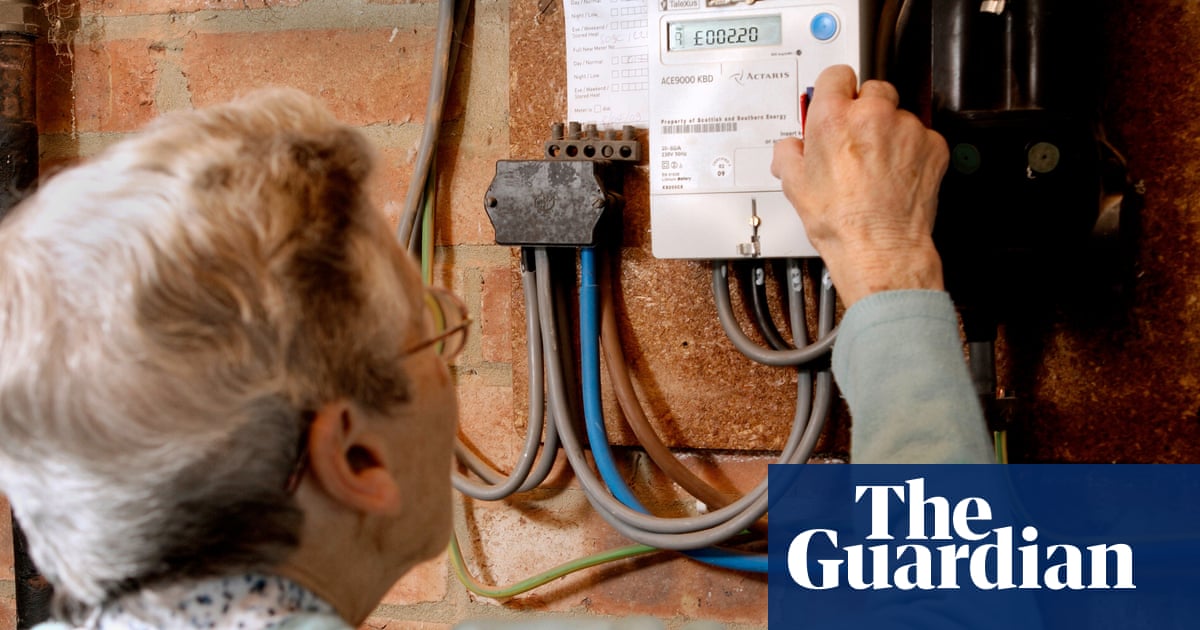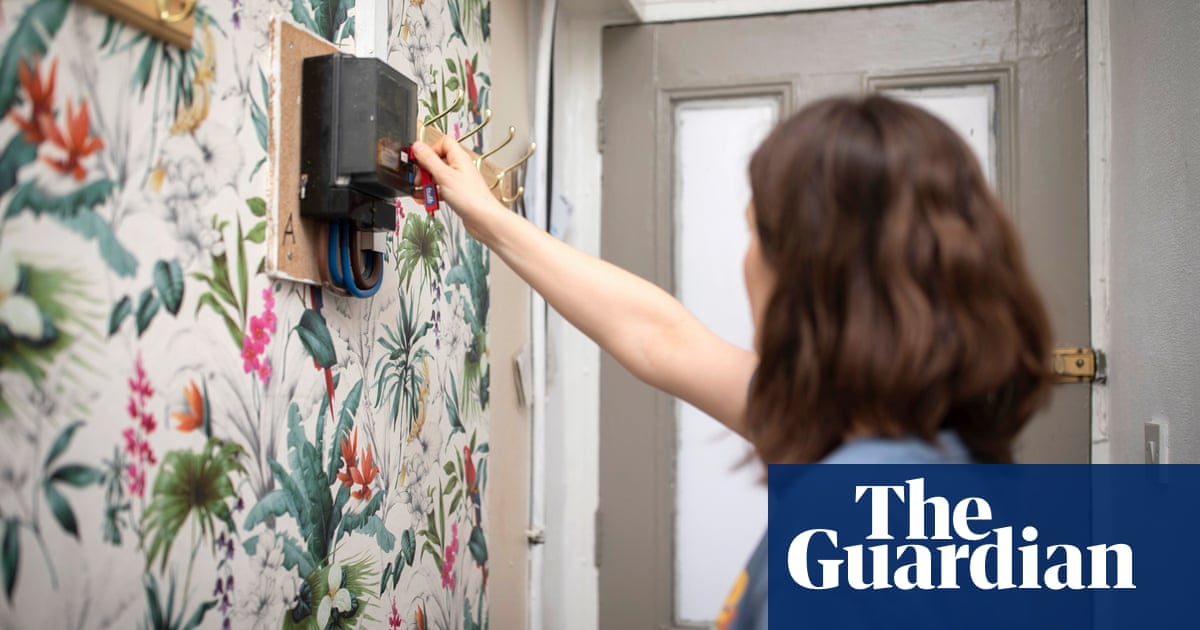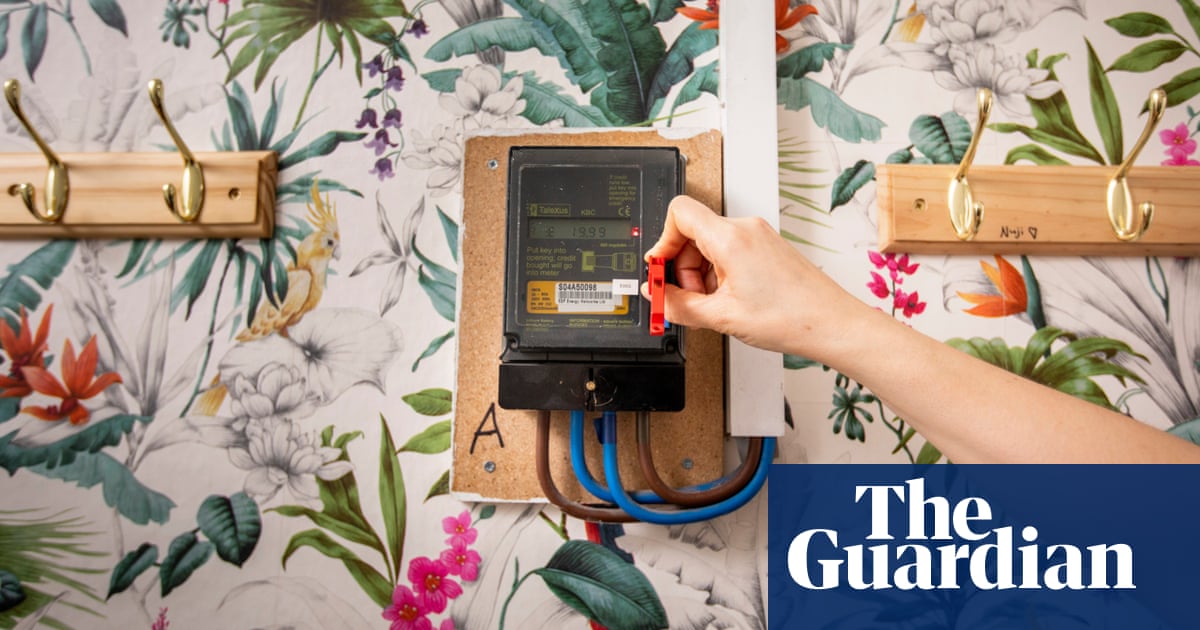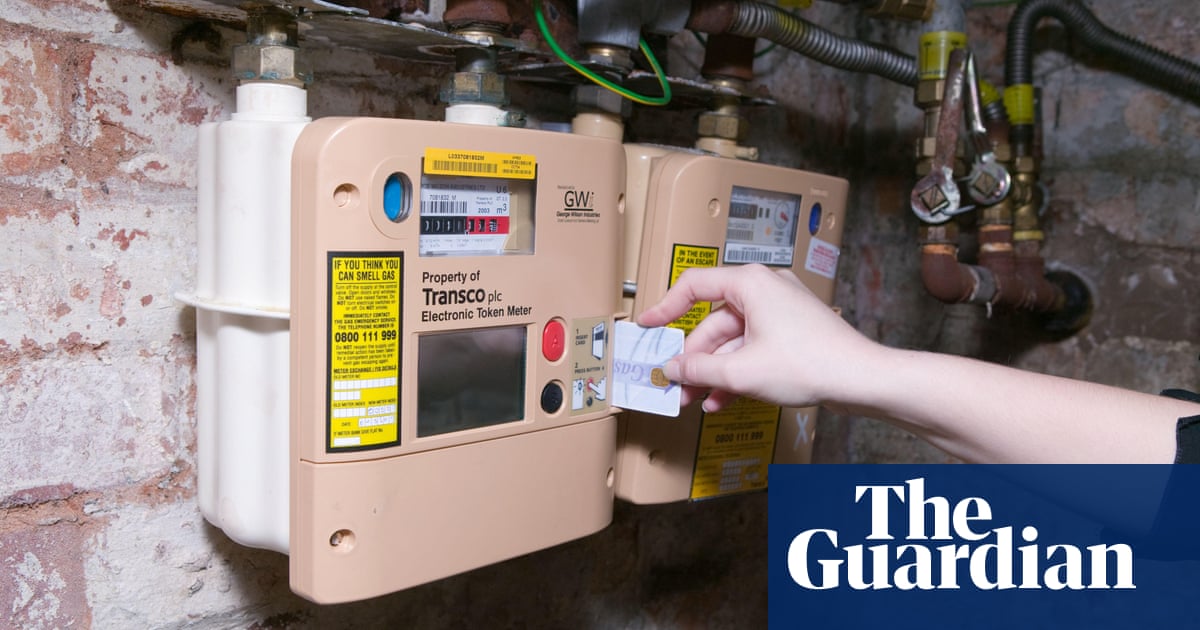
Labour has said it would eliminate the “premium” that means people with energy prepayment meters, who are often on low incomes, are charged more than those on direct debits.
About 4 million domestic customers use prepayment meters, and their price cap is about 2% higher than for direct debit customers, according to figures from Ofgem.
Prepayment customers would pay about £84 per annum more than direct debit customers in the October to December quarter, and £100 more in the January to March quarter if the prepayment price cap continued to be set at current levels.
Rachel Reeves, the shadow chancellor, said: “It’s outrageous that people on prepayment meters have to pay more for their energy. Why should those with the least have to pay more to heat their homes and put the lights on? This is unjustifiable and morally wrong.
“As energy prices spiral, this unfair prepayment premium must end. Labour would make sure that no one pays over the odds for the same gas and electricity that everyone else gets, as well as taking broader action to help people manage their bills over the winter.”
The party said it would eliminate the gap between the two price caps over the winter and reimburse energy companies for the difference, which it said would cost about £113m between October and March.
The announcement is the first strand of what the party has promised will be a “fuller package” on the energy crisis that Reeves has been working on with Keir Starmer and that will be rolled out in the coming days.
The shadow energy secretary, Ed Miliband, has also been involved in the work, which will be published ahead of the 26 August price cap announcement from Ofgem.
Other interventions on the broader cost of living crisis are expected to be made by Starmer in the coming weeks as inflation runs at a 40-year high.
It comes after the Liberal Democrats vied for the attention of voters earlier this week with radical proposals calling for the cancellation of the £1,400 energy price cap increase in October in a new “energy furlough scheme” and for government to absorb the £36bn cost of the hike.
On Thursday, a prominent Labour frontbencher rejected a suggestion that Labour had a low profile against the backdrop of the current crisis. The shadow health secretary, Wes Streeting, told BBC Radio 4’s World at One programme that such criticism was “particularly daft” and Starmer would be setting out details of further action about the cost of living crisis in the coming days.
Ahead of the Reeves announcement, the party had been waiting for Ofgem to publish new methodology on the price cap, including going quarterly, before costing the proposals.
Citizens Advice found in March that twice as many customers on prepayment meters, one in 10, were at that time already unable to pay for their energy supply compared to the customers who pay by direct debit, at one in 20. This was even after cutting back on other essential spending.
Prepayment customers were already struggling before the energy price crisis, with one in seven disconnecting in 2019 and being without power because they ran out of credit.












